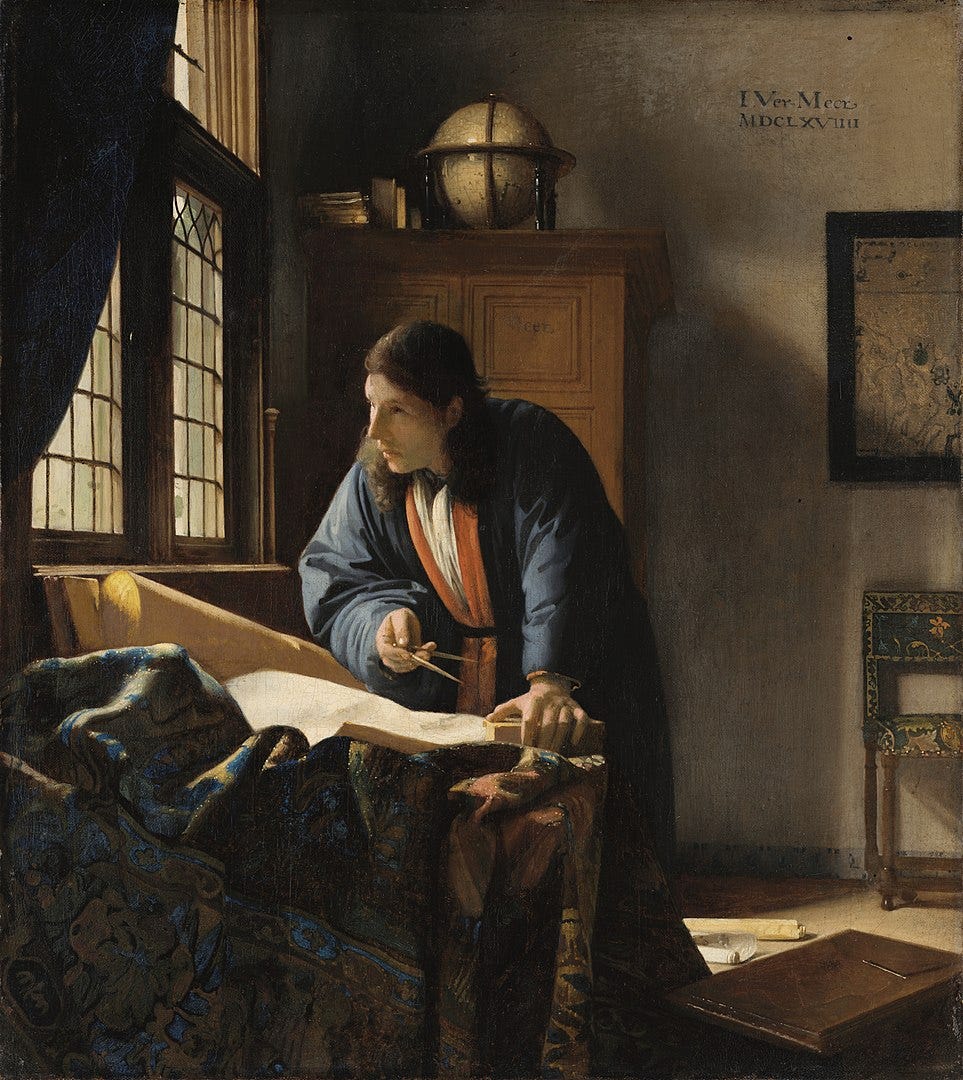Disclaimer: This was supposed to be the first post in the ‘Where to run a KUP game’ series, but due to necessity, it wasn't. I apologize to the readers for the unorthodox order in which I began publishing this series.
(I have the feeling it won’t be the last time…)
The game world is currently as vast as Europe. Just as we call Earth our world, the inhabitants of the game world call their land Appset. The physics is similar to ours, although, as everyone can imagine, the inexplicable part of magic is present. The game world is mostly homogeneous in terms of culture and politics because a large portion of the mapped territories belonged to an ancient empire now in decline (but this detail will be explained in various posts dedicated to the history of Appset).
The setting presents two essential cornerstones:
There is an innate ‘sense of justice’ in all people, stemming from the cultural heritage of the fallen empire. This ‘sense of justice’ should be interpreted in our eyes as a kind of balancing effect that counteracts injustices or disparities; in this respect, balance works in the same way even when it is too favorable (and not only when it is unfavorable), and this is the sense of universality that makes the ‘sense of justice’ an essential belief present in the game as well as the explanation of one of the pillars of the society (a simple but dignified life, see later).
Values are deeply rooted in people, and these values (which can vary depending on culture, education, and many other factors) are part of what is considered essential to pass down from generation to generation and preserve; in terms of gameplay, this aspect allows for a strong characterization of the actions of characters in the game because, to defend and preserve a value one believes in, one can go so far as to sacrifice one's own life without much hesitation.
Given that each cultural group will have its own values, and these will be the foundation of that piece of civilization, the setting might be seen as non-standard. Typically, a fantasy RPG game world presents environments that allow developments according to certain gameplay models: in a ‘dark grim’ world, characters must struggle to survive the surrounding evil, in a ‘horror’ world, it is necessary to act to preserve one's sanity, and so on. In Appset, the game world tends toward perfect balance, and any "distortion" (such as the presence of evil entities or malevolent plans) is considered a negative moment that will eventually be rebalanced by agents or events according to the principle of that balance that the ‘sense of justice’ ensures. In such a context, it is important to emphasize from the outset that the tendency toward balance is an extremely positive factor because, culturally, one of the pillars of society is living with what is necessary to lead a dignified existence (this precept, along with others, will be explained in detail in a specific post in the future).
Wrapping up, in the setting, therefore, society views the world positively despite it not being common to live in comfort; villains are frowned upon because it is believed that sooner or later they will be punished for their misdeeds, and only few people are inclined to think that it might be advantageous to commit ‘evil’ acts for a quick (and undeserved) benefit. Most people have personal goals based on the values that form the backbone of that society and are reluctant to accept compromises that would call these underlying values into question. However, it should be noted that the world is not always "beautiful," all four Paths of the game rules are present, and people can belong to any of the Paths to create the diversity that allows for situations of imbalance for which the ‘sense of justice’ is invoked by many.





The explanation of why people put up with miserable material conditions is very interesting, and one that doesn’t get enough attention in most quasi pre-modern settings. I have questions about some of the other topics raised, but I’ll defer them for now in case they are answered in a future post.